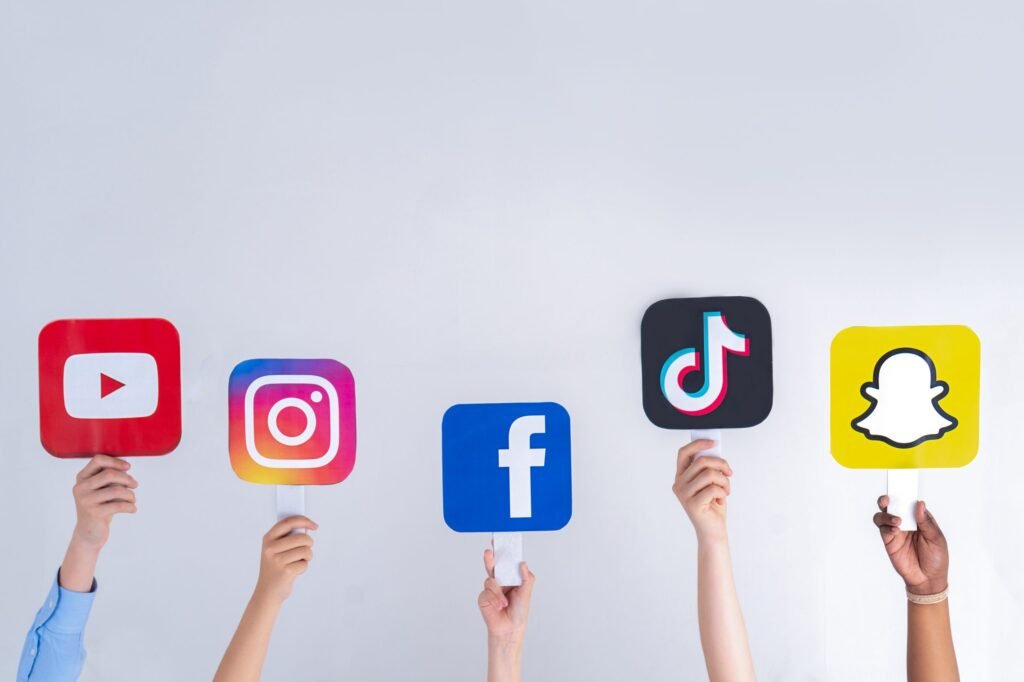In today’s fast-moving digital world, social media is no longer just a place for fun videos and selfies. It has become one of the most powerful platforms for businesses to grow, engage with audiences, and sell products or services. But behind every viral post or trending campaign, there’s something even more powerful working in the background — social media analytics.
Understanding how your content performs, who your audience is, and what kind of posts drive the most engagement is not just a bonus anymore. It’s a must. Social media analytics tools are helping brands make smarter decisions and run more successful marketing campaigns.
Let’s explore why these tools are becoming essential for every business and influencer today.

What Is Social Media Analytics?
Social media analytics is the process of collecting data from social media platforms like Instagram, Facebook, TikTok, X (formerly Twitter), LinkedIn, and others to measure how well content performs. This includes things like:
- Number of likes, shares, and comments
- Follower growth
- Click-through rates on links
- Engagement rates
- Audience demographics (like age, location, and interests)
This information helps brands understand what’s working and what’s not. It also gives clues about customer behavior, trends, and preferences.

Why Analytics Matter More Than Ever

In the past, marketers relied on assumptions and guesswork to decide what to post. But now, with tools that provide real-time data, businesses don’t have to guess anymore. They can test, analyze, and adjust their strategies on the go.
Analytics helps answer key questions like:
- Which type of content gets the most engagement?
- When is the best time to post?
- Are we reaching the right audience?
- How well is our paid ad campaign performing?
Without this data, companies may waste time and money on content that doesn’t work.
The Shift Towards Data-Driven Marketing
With the rise of competition online, brands can’t afford to post randomly. Consumers today are smarter, and their attention spans are shorter. That’s why data-driven marketing is becoming the new normal. Businesses are now building entire strategies based on what the numbers show.
Analytics tools help in creating content that connects. If a brand notices that short videos perform better than long ones, they can focus on making reels or TikToks. If infographics get more shares, they’ll produce more of those.
Simply put, data takes the guesswork out of social media.
Influencers and Creators Also Rely on Analytics
It’s not just big companies that use analytics. Influencers and content creators also use these tools to grow their followers and stay relevant. By studying what posts get more saves, comments, or shares, creators know what kind of content their audience loves.
This information helps them attract more brand deals and collaborations. When influencers show brands their engagement rates and audience data, it makes them more trustworthy and valuable.
Real-Time Feedback for Smarter Decisions
One of the biggest advantages of social media analytics is real-time feedback. Marketers no longer have to wait for monthly reports. Most tools offer up-to-the-minute insights, so teams can quickly make changes if something isn’t working.

For example, if a campaign is not reaching enough people, marketers can change the caption, switch the visual, or even pause the campaign altogether. This kind of control makes marketing more flexible and responsive.
Choosing the Right Analytics Tool
There are many tools available, each offering different features. Some popular ones include:
- Meta Business Suite (for Facebook and Instagram)
- Google Analytics (for tracking social media traffic to websites)
- Hootsuite and Buffer (for scheduling and insights)
- Sprout Social and Socialbakers (for deep analysis)
- TikTok Analytics and LinkedIn Insights
Choosing the right tool depends on your goals. Some tools focus on content performance, others on audience data or paid ad tracking.
Analytics in Crisis Management
Analytics are also important when things go wrong. If a brand faces a social media backlash or negative comments, analytics can help monitor the conversation. Marketers can track the volume of negative mentions, the tone of comments, and how fast the problem is spreading.
This allows the company to respond quickly, address concerns, and rebuild trust.
How Small Businesses Benefit Too
Even small businesses with limited budgets can gain from social media analytics. Free tools like Instagram Insights or Facebook Page Insights offer valuable data. Small business owners can use this to better understand what their customers like, when they are most active online, and what products are popular.
This can lead to smarter content and stronger relationships with followers.
The Future of Social Media Marketing
As technology continues to grow, social media analytics will only get better. With the use of artificial intelligence and machine learning, tools will soon be able to predict what kind of content will go viral. Brands will also be able to personalize their messages even more, based on deep audience behavior patterns.
This future promises a more targeted, engaging, and effective way to connect with audiences across the globe.
Final Thoughts
Social media analytics has moved from being a luxury to a necessity. Whether you’re a global brand, a startup, or a solo influencer, data is your best friend. By paying attention to the numbers, businesses can stop guessing and start growing with confidence.
Also read: UAE Homes Are Getting Smarter – Here’s What’s Driving It












